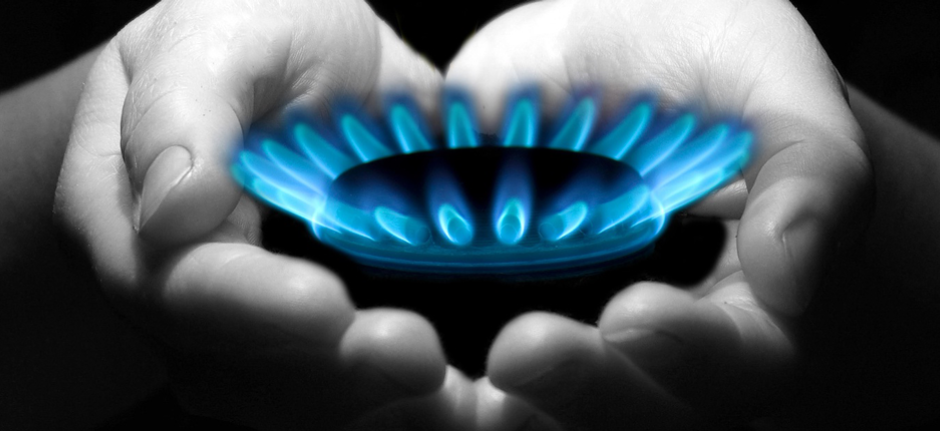By
law, under the Gas Safety (Installation and Use) Regulations 1998, it's your responsibility to get a Gas Safety Certificate every twelve months. You must get this from a Gas Safe Registered engineer
for all pipe work, gas appliances and flues installed at your property.
If you use an agent to manage your property, you need to make sure your contract clearly states in black and white whose responsibility it is to carry out maintenance on gas appliances. You must also
keep copies of all the paperwork. You'll need to keep a record of the safety inspection for two years, and give a copy to all of your tenants within 28 days of the inspection. If your tenants change,
they'll need a copy of the Gas Safety Certificate before they move in. If your contract says the agent is responsible, then the Gas Safety (Installation and Use) Regulations 1998 are passed on to
them.
What you’ll get with a Gas Safety Certificate:
- Your gas appliances will be checked for gas tightness.
- If test points are available, standing and working pressure will be tested.
- Your Gas Safe engineer will check burner pressure and gas rate against the manufacturers data plate.
- Checks will be carried out for the provision of all necessary ventilation.
- Flue flow will be tested to make sure products of combustion are removed.
- All flame failure devices will be checked for satisfactory operation.
- Where appropriate checks will be made for physical stability, presence and effectiveness of stability brackets.
- Investigations for any evidence of unsafe operation will be made and reported.
Without completing all of the above checks an appliance can not be issued a Gas Safety Certificate.


